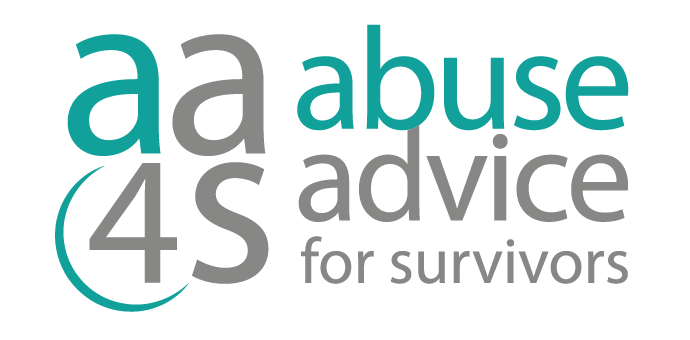Frequently Asked Questions & Answers
See the “What will it cost me page” by clicking this link
The 'Legal Aid Agency' has gone by various different names over the years (Legal Services Commission, Legal Aid Board, Community Legal Service etc.)
It is presently a Ministry of Justice executive agency.
While it had admirable goals in the past, such as providing free representation to individuals who needed it but couldn't afford it, subsequent cutbacks have resulted in a service that only gives the bare minimum of aid for certain sorts of cases, such as abuse claims.
It is extremely beneficial to your solicitor, who may seek to investigate and pursue an abuse claim. It will allow your solicitor to cover any necessary expenses in your case, avoiding the need to charge you legal fees.
Visit the Legal Aid Agency's website to learn more.
To see if you qualify financially, use the online handy calculator at https://www.gov.uk/check-legal-aid.
Numerous organisations, including lawyers, provide a specific amount of time (typically 30 minutes) of free initial consultation.
Conversely, some solicitors charge a flat fee for a 30-minute interview. You should inquire whether these services are available. The solicitor will evaluate whether your case qualifies for Public Funding / Legal Aid during this interview.
Before you may be considered for public funding, you must first clear two hurdles:
1. Legal Merits Test - You must convince the Legal Aid Agency that your claim has merit, albeit you do not have to establish that you will win your case at this stage.
2. You must meet specific financial criteria. You may be asked for information about your financial situation, and you may be given a lengthy form to fill out. The Legal Aid Agency will then determine your financial eligibility.
Simply put, if your 'disposable' income and capital (savings) are below specific criteria, you may be eligible for financial assistance from the government. The solicitor will not conduct the assessment.
Use the Legal Services online calculator to see if you might be eligible for public money. Because rules change so frequently, this strategy assures that the information on this page is always up to date. The website address is https://www.gov.uk/check-legal-aid or http://civil-eligibility-calculator.justice.gov.uk/
If you get specific types of benefits, known as "passported benefits," you will automatically qualify for Public Funding of your case. You must still pass the Merits test of the Law Services Commission.
Initially, depending on your financial condition, you may be forced to contribute to the Legal Services Commission's case costs. Failure to pay or falling behind on such a contribution may result in the discharge of your Public Funding Certificate, leaving you accountable for your costs once the Certificate is discharged.
If your case is unsuccessful, you may be required to pay whatever the Court deems reasonable towards your opponent's legal fees in all circumstances. In general, if you are given Public Funding, you are protected from having to pay your opponent's costs if the case is lost.
If you are successful in your case, the Legal Services Commission may request that some or all of your legal fees be taken from your settlement. The amount subtracted is determined by how much your opponent contributes to your legal fees. The amount collected by an opponent in legal fees rarely covers the entire cost of preparing the case, and the Legal Services Commission has the authority to remove the difference from your award or settlement. A "Statutory Charge" is the name given to this deduction.
After receiving Public Funding, you are required to notify any change in your circumstances, such as a change of address or financial means. If your financial situation improves while you are receiving Public Funding, it may affect the amount of any payment you must make towards the case's costs. You must notify the Legal Services Commission of any change in your circumstances as soon as possible.
There are numerous ways available, as detailed in the previous question, 'How do I pay for my case?' and on our 'How much will it cost me?' page. Click this link to go there right now.










